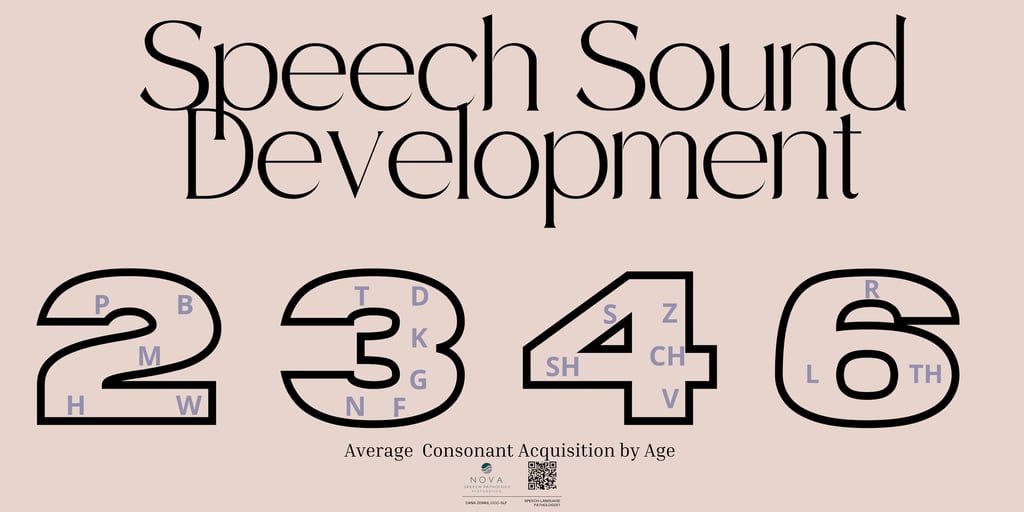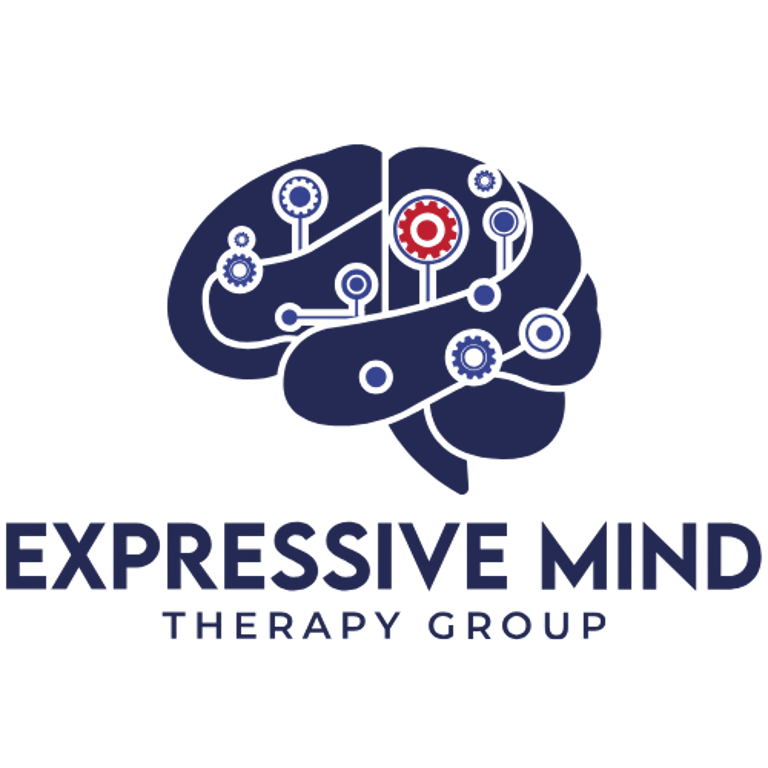Understanding Speech Sound Development by Age: When to Seek Help
As parents, it’s exciting to watch our little ones grow and develop new skills. One of the most magical milestones is hearing their first words and watching their speech develop. But how do you know if your child is progressing as expected? Understanding the typical timeline for speech sound development can help you spot potential delays and take action early if needed.
SPEECH THERAPYSPEECH THERAPY CHILDRENSPEECH THERAPY ADULTSCCC-SLPSPEECH-LANGUAGE PATHOLOGY
Dana Zemke, CCC-SLP
12/10/20242 min read


What Is Speech Sound Development?
Speech sound development refers to the process children go through as they learn to produce different sounds and combine them into words. These milestones are general guidelines, as every child develops at their own pace. However, knowing what’s typical can help parents identify when extra support might be beneficial.
Speech Sound Milestones by Age
Here’s a breakdown of when children typically master specific speech sounds:
By Age 2:
Sounds: p, b, m, h, w
Example Words: "Mama," "Pop," "Wow"
What’s Normal: At this age, children may simplify words (e.g., saying "baba" for "bottle") but should still be producing these foundational sounds.
By Age 3:
Sounds: t, d, k, g, f, n
Example Words: "Cat," "Dog," "Fan"
What’s Normal: Children should be able to combine simple words into short sentences like "I want cookie."
By Age 4:
Sounds: s, z, sh, ch, v
Example Words: "Ship," "Chop," "Zoo"
What’s Normal: Speech should be mostly intelligible to unfamiliar listeners, with only occasional errors.
By Age 6:
Sounds: r, l, th (soft)
Example Words: "Rabbit," "Light," "This"
What’s Normal: By this age, most children can produce all sounds clearly, although some blends (like "th") may still be tricky.
Red Flags for Speech Sound Delays
While minor variations in development are normal, here are some signs that might indicate your child could benefit from speech therapy:
By Age 2: Not combining two words (e.g., "want cookie").
By Age 3: Difficulty being understood by family members.
By Age 4: Struggling with sounds like "k," "g," "f," or "s."
By Age 6: Persisting issues with "r," "l," or "th" sounds.
Why Early Intervention Matters
Research shows that early intervention is key to addressing speech delays. The earlier a child begins therapy, the easier it is to correct habits and foster proper sound production. Delaying intervention can lead to challenges in social settings, academic environments, and self-esteem.
What Can You Do?
If you notice potential speech sound delays in your child:
Observe Patterns: Keep a journal of sounds or words your child struggles with.
Schedule a Screening: A professional speech-language pathologist can evaluate your child’s speech and provide guidance.
Encourage Speech at Home: Read books together, play games that emphasize sounds, and give your child time to express themselves without rushing.
How We Can Help
At Nova Speech Pathology Restoration, we specialize in helping children overcome speech delays and achieve their communication potential. Our free screenings are a great first step to understanding your child’s needs.
Take Action Today!
Don’t wait to support your child’s speech development. Early intervention can make a lasting difference in their confidence and success. Contact us today for a free screening or to learn more about our services.
📞 561-983-1230
📧 info@novaspeechpathologyrestoration.com
🌐 novaspeechpathologyrestoration.com


